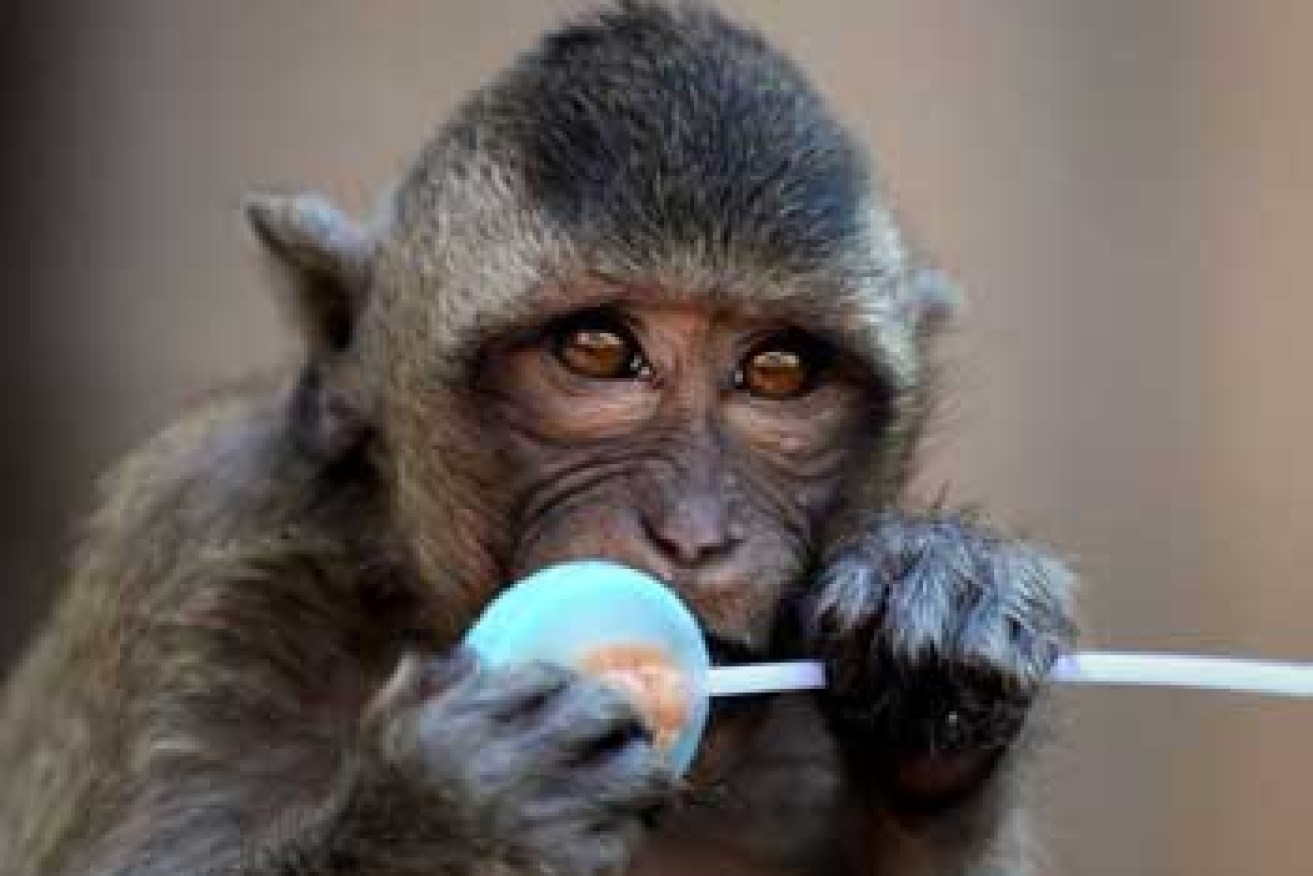Animal cruelty exposed at wildlife attractions

ABC
World Animal Protection has called for an end to worldwide “irresponsible wildlife tourism” that sees at least half a million animals suffer for the sake of entertainment.
Labelling the cruel animal attractions as “holiday horrors”, the group, active in more than 50 countries, has released a report outlining the 10 most cruel wildlife tourism attractions.
Riding elephants ranked number one, followed by hugs with tigers. Dancing monkeys and performing dolphin shows also ranked highly.
• Australian scientists embark on wildlife mission
• Wildlife carers pushed to their limits after bushfires
The list was compiled from analysing 24 different types of wildlife entertainment and rating them based on welfare and conservation criteria.
The animal rights group used evidence from the first global research into the scale of welfare and conservation of wildlife tourism by University of Oxford’s Wildlife Conservation Research Unit (WildCRU).
The study found three out of every four attractions included signs of welfare or conservation abuse in a study of 188 different venues.
“If you can hug it, ride it or take a selfie with it in a close encounter, chances are that animal has been suffering and been subject to cruelty,” World Animal Protection head of campaigns Australia Nicola Beynon told the ABC.
“As tourism continues to grow, we estimate that approximately 110 million people will visit cruel wildlife tourist attractions each year, unaware of the animal abuse.”
The WildCRU study also found 75 per cent of wildlife tourist attractions were negatively impacting wild animals, while 25 per cent of attractions were doing the right thing.
Wildlife trade big business, jobs for Thailand

Tiger “selfies” have become the popular must-do for tourists visiting countries such as Thailand. Photo: World Animal Protection
The tourism industry is worth more than $1 trillion and provides one in every 11 jobs globally.
The wildlife entertainment industry is a lucrative market in countries such as Thailand.
Thailand recently introduced a new law making cruelty to all animals illegal. Violators can face up to two years in jail and hefty fines, but critics are questioning how the law would be enforced.
It is not unusual to see a tourist in the street paying a small fee to pose holding a monkey and a selfie with a tiger has become a standard souvenir for any Thailand holidaymaker.
“The social media phenomenon to get a picture with a wild animal and have things like a selfie with a tiger on their travel bucketlist, it is certainly driving the demand,” Ms Beynon said.
“The more people that are aware of the cruelty and the more this campaign can stigmatise the wildlife tourist entertainment industry, the better off the animals will be.
“We are working with venues in Thailand to try and transition them from cruel practices to more genuine wildlife sanctuary experiences.”
Mr Beynon said the challenge now was to encourage tourists to make a united stand against cruel practices, to drive down demand and transform the wildlife industry globally.
World Animal Protection has so far secured commitment from 87 travel companies to stop selling elephant rides and shows.
It comes after a British tourist was gored and trampled to death by an elephant in Thailand earlier this week, after the animal attacked its handler.
The death sparked fresh calls from animal activists to ban elephant rides.
80 per cent of tourists unaware of cruelty

Many species of primates are being used as street entertainment. Photo: AFP
To complement the WildCRU findings, more than 50,000 TripAdvisor online travel reviews were academically reviewed.
The review’s aim was to gain an awareness of the tourists visiting the attractions.
The findings showed 80 per cent of people who left reviews on the travel site were unaware of the potential for animal cruelty at the attraction venues.
TripAdvisor told the ABC the listings on their site did not reflect any endorsements by TripAdvisor and that the website was only a platform for travellers to share their opinions, positive or negative.
“We believe it is important to ensure all attractions a traveller could visit are listed on the site so that they can share their personal experiences,” a TripAdvisor spokesman said.
TripAdvisor said national governments and local regulatory bodies should keep watch on businesses to ensure they were operating legally.
“We are open to finding ways in which we can help travellers gain a better understanding of animal welfare and conservation practices,” the spokesman said.
Some businesses positively sharing the beauty of animals

Baby elephants are often taken at a young age and beaten into submission, World Animal Protection says. Photo: World Animal Protection
World Animal Protection said 25 per cent of all wildlife attractions were having a positive impact on the welfare of animals.
These included sanctuaries with rescued animals, removed from abusive conditions, including wildlife tourist attractions.
At least 13,000 wild animals including bears, orangutans, elephants and lions had been cared for this way.
The sanctuaries included in the study did not offer tourist animal shows.
“The big challenge in tackling cruelty to wild animals used for entertainment is to transform the tourism industry,” the report stated.
“It must become part of the solution to end cruelty and protect wildlife rather than causing the problems wild animals face.”
World Animal Protection has also called on Australian zoos to end “close encounter” activities so as not to exacerbate the normalisation of holding wild animals.
– ABC








